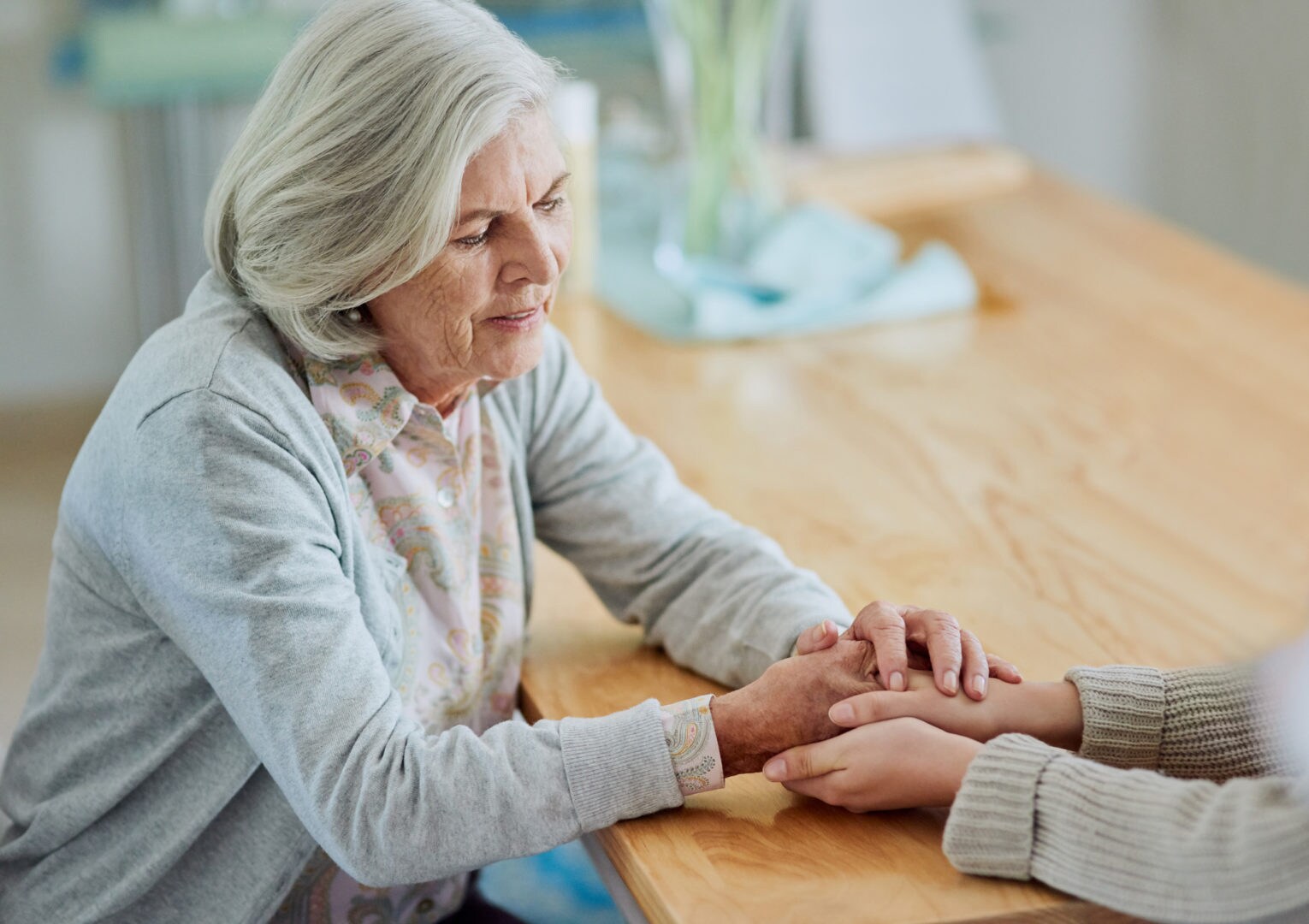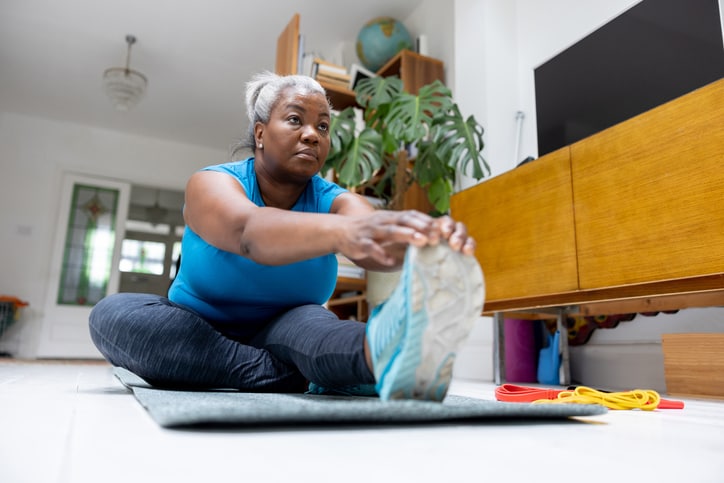Many caregivers and families make a huge effort to keep their loved one at home for as long as possible. But there may come a time when the scales tip and a nursing home is the best choice. It’s one of the hardest decisions to make about a loved one’s care, and it can be emotionally difficult for everyone involved.
It’s also a very personal decision and there’s no “right” time for everyone, say health experts who work with families who are coping with end-of-life questions like this one. “Going to a nursing home is about the ability and desire of the caregiver to give care and the needs of the person who needs care,” says Cynthia Epstein, a licensed clinical social worker in the Alzheimer’s Disease & Related Dementias Family Support Program at NYU Langone Health in New York City.
Here are some signs that might indicate a nursing home is needed, both for the aging person and for those caring for them.
Health and medical issues
The person has late stage Alzheimer’s or dementia.
When a person is in the late stages of Alzheimer’s disease, feeding, changing, bathing and moving them may require access to medically-trained staff full-time.
The person has other health conditions combined with dementia.
Some families who have a relative with an Alzheimer’s diagnosis think that they’ll need a nursing home immediately. But a person can often live at home for years with good support from family and home health companions and nurses, says Mary Mittelman, a doctor of public health and director of the Alzheimer’s Disease & Related Dementias Family Support Program at NYU Langone Health in New York City. However, people with Alzheimer’s who also have other serious and difficult to manage health complications — for example, uncontrolled diabetes or heart and lung issues that require support devices — may benefit from nursing home care.
The person has any medical condition that is difficult to manage at home.
Besides late-stage dementia, many other conditions may require around-the-clock medical care.
There are more frequent accidents and injuries at home.
Falls and other injuries may signal that the person is becoming unsafe in their current home. This can have nothing to do with your vigilance and care; it may simply mean that it’s time for 24/7 professional help. If accidents and injuries to the person are becoming more common, reassess the living situation that’s in their best interest.
“Going to a nursing home is about the ability and desire of the caregiver to give care and the needs of the person who needs care.”
— CYNTHIA EPSTEIN, A LICENSED CLINICAL SOCIAL WORKER AT NYU LANGONE HEALTH
Caregiver issues
An older spouse is having trouble managing the caregiving.
Perhaps they are becoming too frail to cope with the physical demands of caregiving. Or they may have been diagnosed with their own serious illness, such as difficult-to-control diabetes or a heart and lung disease. Even with help from family and friends who do not live in the same house, an older spouse or partner’s health can decline more quickly if they’re acting as a caregiver and have done so for many years.
An adult child is struggling with other responsibilities.
Adult children may have many other responsibilities themselves, including their own children to care for, a full-time job, their own health issues. “I was working, I had two young kids, and I was going to school at night. My father wanted me to come home and help care for my mother,” Mittelman says.
You’re the only person able to care for your loved one.
Mittelman says it usually takes at least two people to manage care of someone at the end of life, especially if they have dementia. If you’re an older caregiver, providing all of the care yourself may take a toll on your health.
You’re afraid for the health and safety of your loved one and feel incapable of caring for them anymore.
If you can’t go to the bathroom without worrying about their safety — that they’ll wander off or turn on the stovetop gas — it may be time to consider alternative care options. Talking through your fears and concerns with your loved one’s geriatrician or with a mental health expert can help.
Your mental health is suffering.
That includes feeling any of the following on a regular basis:
- Denial about the disease and how it’s affecting the person diagnosed.
- Anger at the person who is ill.
- Social withdrawal from friends and activities that used to bring you pleasure.
- Daily anxiety.
- Depression.
- Exhaustion.
- Sleeplessness.
- Irritability that triggers moodiness and negative actions.
- An ongoing inability to concentrate.
- Being unable to remember the last time you felt good.
Some research suggests that the psychological effects of caregiving are more intense than the physical effects.
You’re unable to hold down work responsibilities.
You can’t sacrifice your job if it’s how you are financing your loved one’s care, not to mention providing for your own or your family’s needs.
Facing the decision
Mittelman suggests planning ahead if you’re able. For instance, if your spouse or parent receives an Alzheimer’s diagnosis, as hard as it might be, discuss their wishes for the end of life and if they feel okay about a nursing home if the time comes when you can’t take the best care possible of them.
It’s common to feel guilty and sad when moving a loved one to a nursing home, even if you made plans in advance. It may feel like you’re abandoning them or taking away a piece of their freedom. But it’s important to recognize when you’re making the best decision for their health and safety — and yours. You’ll also want to make the decision before an emergency (like a bad fall) happens.
Your care can continue into their new living environment, too, by making sure your loved one has qualified, responsive aides, nursing care and is clean and comfortable.
If you need to talk through your concerns and questions about your nursing home decision, you can call the Alzheimer’s Association support helpline at 800-272-3900, find a support group in your community or chat with other caregivers online.




